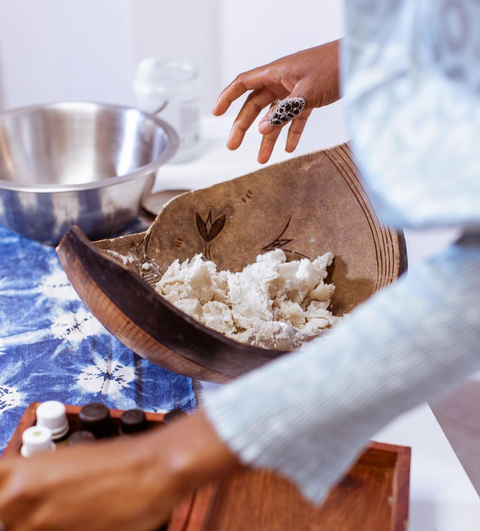With warmer days and summer heatwaves forecasted for the coming months, now is the time to start taking extra care if you suffer from dry or dehydrated skin.
Dry v Dehydrated skin:
do you know the difference between dry and dehydrated skin?
Whereas dryness is often referred to as a ‘type’ of skin, dehydration is considered to be a skin condition and can affect all skin ‘types’.
Often due to a lack of natural oils and lipids (fat-like molecules) or sebum in the skin, dryness can vary from person to person and depend heavily on external factors such as weather and temperature. Dry skin in particular often will be flaky, sore, and sometimes display patches of redness.
Conversely, dehydrated skin is focused more on the lack of water available to the skin which affects it's ability to undertake it's self healing process. Dehydrated skin often appears dull with loss of elasticity and increased lines and wrinkles. Studies have shown that the ideal percentage of water in the skin is around 30%, skin that contains less than this amount is in danger of becoming dehydrated.
Why is it important to know the difference?
It is important to know the difference between dryness and dehydration in order to give your skin the best care possible as well as the best fighting chance to prevent any discomfort caused by dry or dehydrated skin.
How to treat dry or dehydrated skin:
The two main types of treatment for dryness and dehydration are moisture and hydration. Simply put, dehydrated skin needs hydration and dry skin needs moisture.
Once you’ve identified whether you suffer from dry or dehydrated skin, try and assess what might be missing from your everyday health and skincare routine which may be having an adverse effect on your skin.
For dehydrated skin, adding more water to your diet throughout the day is crucial and water based serums and formulas can be effective in reducing signs of ageing that can be caused by dehydrated skin.
For cases of dry skin, moisturisers like our Ivory and Gold raw Shea butters are amazing for treatment formulas. Raw Shea butter is an occlusive as well as nourishing your skin it acts like a protective layer repelling water and preventing the water that’s in your skin from evaporating and escaping into the air.
Now that you know the difference between dry skin and dehydrated skin make sure your skin doesn't get caught out!
If you liked this article, you may also like 'Body oils v Body butters' and '5 Cleansing Myths Debunked'





Comments (0)
There are no comments for this article. Be the first one to leave a message!